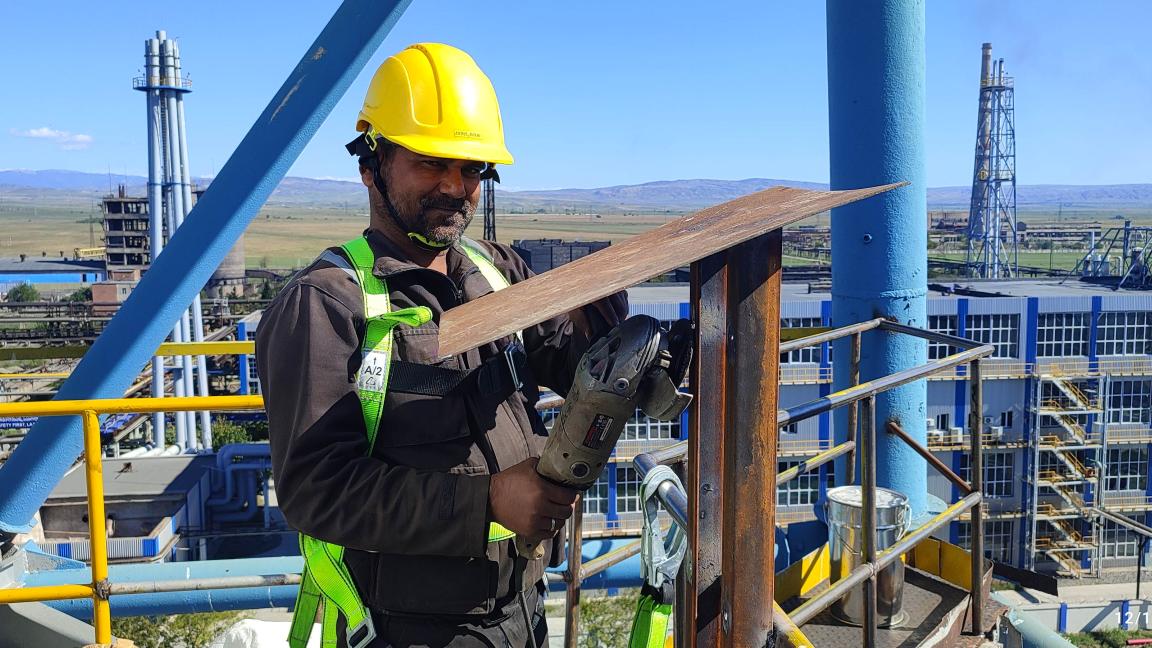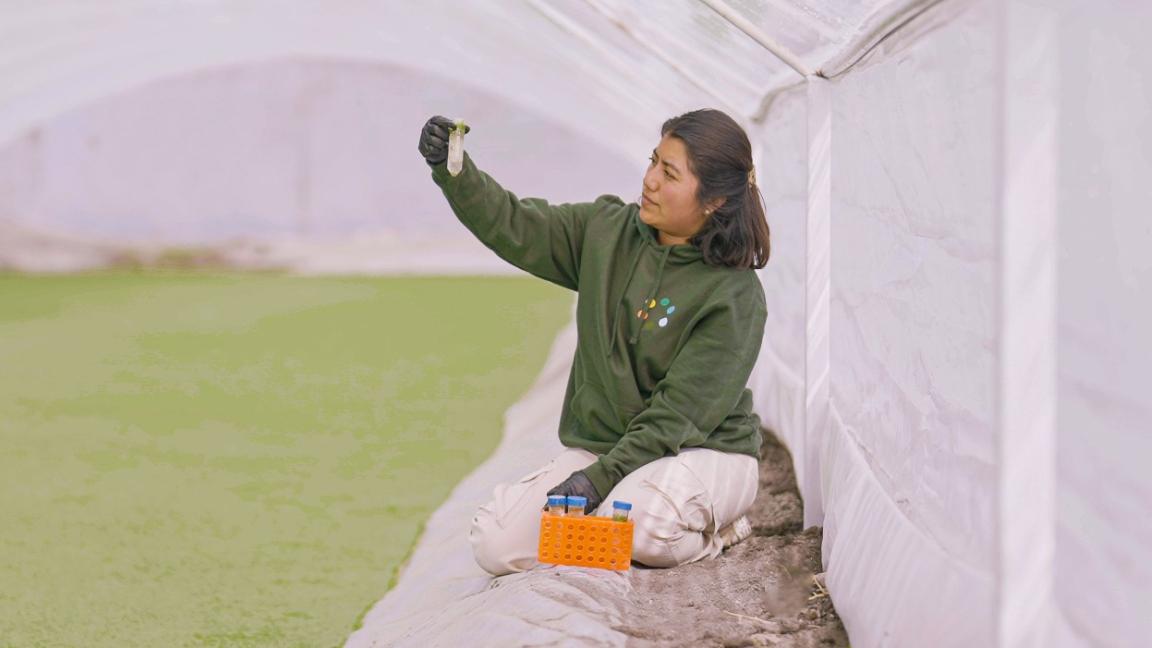The Deutsche Gesellschaft für Internationale Zusammenarbeit (GIZ) GmbH has been working in Mexico for more than 40 years and has an office in Mexico City.
Mexico is focusing on climate and environmental protection. The country faces a number of challenges in this context, for example in conserving biodiversity and protecting natural resources, which are affected by land use, illegal logging and trade in wild animals and plants. At the same time, climate change, marine pollution and illegal fishing are impacting coastal regions.
The country is a major emitter of greenhouse gases due to its highly energy-dependent transport and industrial sectors. This causes heavy particulate matter pollution and traffic noise in towns and cities. In addition, it is important to integrate vulnerable social groups such as women, young people and migrants more effectively and support human rights standards and transparency in Mexico’s judicial system.
Our work on site: For environmental protection and social inclusion
GIZ is supporting the country in more than 20 bilateral projects and programmes, primarily on behalf of the German Federal Ministry for Economic Development and Cooperation (BMZ) and the Federal Ministry for the Environment, Nature Conservation, Nuclear Safety and Consumer Protection (BMUV) as part of the International Climate Initiative (IKI). The core areas of cooperation are:
- Conservation of biodiversity and the protection of natural resources
- Climate and the environment, including urban development
- Social inclusion, protection of human rights and access to legal redress
GIZ is working to integrate biodiversity into agriculture and tourism with a view to preserving Mexico’s biodiversity. In the interests of environmental protection, it is implementing measures to improve the country’s natural terrestrial and marine habitat.
GIZ is also supporting the country in adapting to the impacts of climate change. The aim is to reduce greenhouse gas emissions and to protect the climate more effectively by developing renewable energies and promoting sustainable construction and transport. GIZ is also helping to develop a waste management system and circular economy and to improve the quality of life in towns and cities to achieve long-term urban development and to prepare urban areas for climate change.
Finally, GIZ is supporting the integration and inclusion of vulnerable groups such as children, women, young people and migrants. It is also advising Mexico’s judiciary on implementing international human rights standards.
Mexico in brief
GIZ local staff
As of: 31.12.2025
- 145 National employees
- 22 International employees
- 1 Integrated expert
Insights


